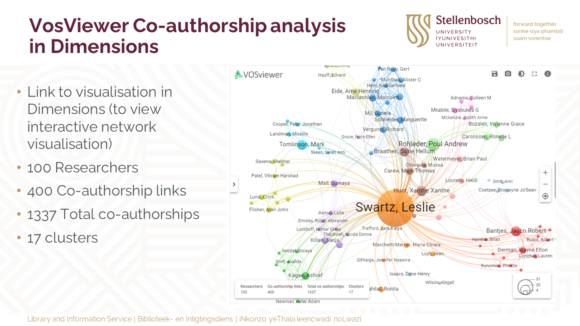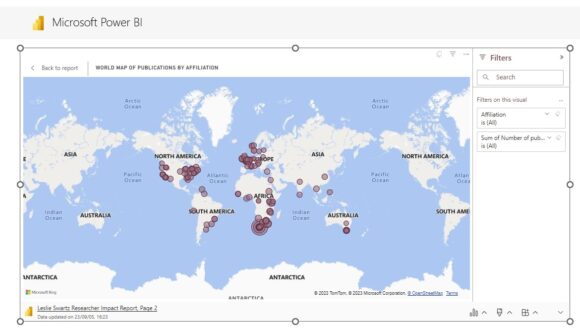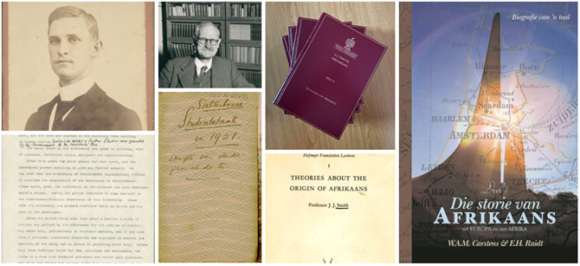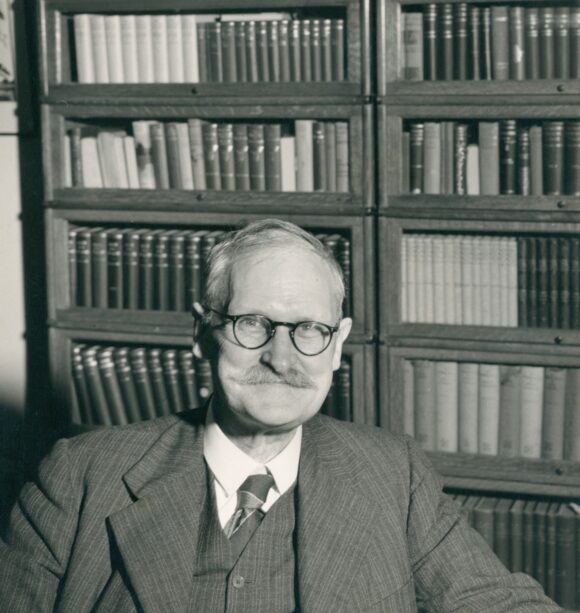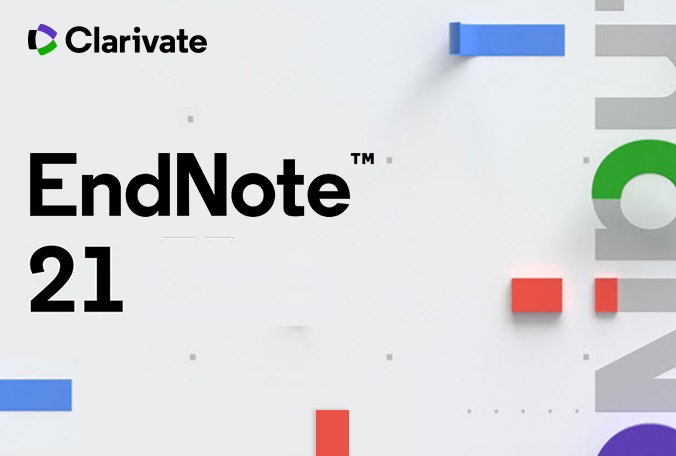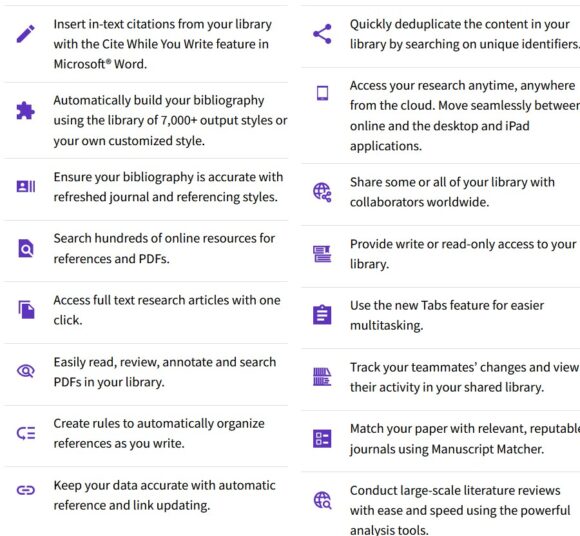Data collection is an instrumental part of scientific research. Data collection is a systematic method of obtaining, observing, measuring, and analysing accurate information to support research findings. Collecting data is not limited to a single research field, and all researchers may from time to time collect data personally (primary data) and or use data that was collected by fellow researchers (secondary data) for a different research purpose. While research techniques and goals may vary, the general data collection methods used in the process are essentially the same. In other words, there are specific standards that need to be strictly followed and implemented to make sure that data is collected accurately. However, collecting accurate data is not enough if it will not be stored and secured safely. As way of ensuring good research data management (RDM) practice within Stellenbosch University (SU) researcher community, the university provides several SU pre-approved data collection tools (and support) to researchers. See a discussion below about some of the tools:
Stellenbosch University Microsoft Teams
All SU researchers are eligible to receive Microsoft Office365 software at no extra charge. This means that SU researchers can collect and share data using the pre-approved platforms to ensure that their research data is collected and stored safely and remains accessible any time. This helps minimise chances of data loss as the institutional Information Technology service desk controls this infrastructure.
SUNSurveys
SUNSurveys is an SU pre-approved web-based e-Survey service that is available to support SU researchers and may be used to conduct online surveys for their academic research. SUNSurveys is also regularly used for staff opinion polls, voting and service delivery surveys.
REDCap (Research Electronic Data Capture)
REDCap is a secure web platform for building and managing online databases and surveys. This platform is available to all SU researchers at no extra charge. REDCap’s streamlined process for rapidly creating and designing projects offers a vast array of tools that can be tailored to virtually any data collection strategy. Moreover, REDCap provides automated export procedures for seamless data downloads to Excel and common statistical packages (SPSS, SAS, Stata, R), as well as a built-in project calendar, a scheduling module, ad hoc reporting tools, and advanced features, such as branching logic, file uploading, and calculated fields.
There are various other pre-approved data collection tools that are available to SU researchers. It is also worth noting that all SU pre-approved tools exist to ensure that researchers adhere to good data management practices throughout the research process. Please see the image below for a more detailed outlook on SU pre-approved research data collection tools.
Author: Sizwe Ngcobo



